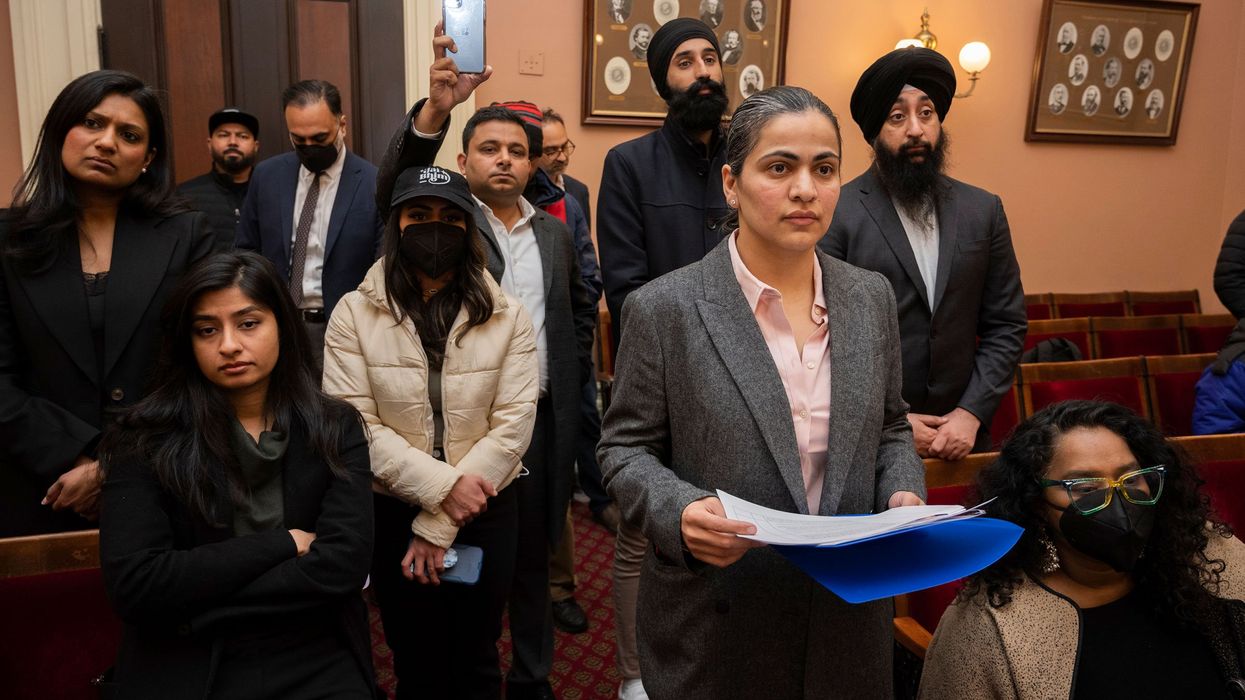(CNN) — California has moved one step closer to banning caste discrimination in the state.
The state Senate passed a bill Thursday that would update California's civil rights law to explicitly include protections against discrimination based on a person's perceived caste. The measure, the first such effort by a US state legislature, would give people legal recourse to address claims of caste bias and discrimination in housing, employment, education and other arenas. It was approved 34-1.
The caste system places people in rigid categories at birth. Those on the lowest rungs of this social ladder — many of whom self-identify as Dalits — can face slurs, discrimination, and even violence. Despite its origins in ancient India and Hinduism, and despite being legally outlawed in India, the ramifications of caste persist across the Indian subcontinent and the South Asian diaspora.
In recent years, there have been reported instances of caste bias among South Asians in the US, and advocates for caste-oppressed people have argued that workplaces and institutions are not equipped to address it. Earlier this year, Seattle became the first US city to add caste protections to its anti-discrimination laws, and several colleges and universities have taken similar actions.
Democratic state Sen. Aisha Wahab introduced the California bill in March, telling CNN at the time that caste was an issue of concern for constituents in her district, which includes parts of the East Bay and Silicon Valley. Though Wahab is Afghan American, she said that she witnessed the toll caste took on other families growing up in Fremont.
"Caste discrimination poses a threat to California industries from agriculture to health care and technology, although it may not be obvious," Wahab said on the state Senate floor ahead of Thursday's vote.
The California bill has faced opposition from some Hindu groups, including the Hindu American Foundation, who argue that the bill singles out Indian Americans and Hindus and would open them up to racial profiling, harassment and bullying. But Wahab insisted that her bill does not target any one community or religion, and would merely clarify existing protections for caste-oppressed people.
"The nation rallied in 2020 to address the systemic inequalities that continue to perpetuate discrimination against Black community members," she said Thursday. "There's similar reckoning to destroy the wheel of power and privilege perpetuated by caste systems."
A coalition of groups across faiths and caste backgrounds also supported the bill.
"This is a win rooted in years of Dalit feminist organizing, and we are just getting started in making the state safe for our entire caste-oppressed community," Thenmozhi Soundararajan, executive director of the Dalit advocacy organization Equality Labs, said in a statement. "We know that we have a long journey ahead of us with this bill, but we have made history with this vote and are proud to look forward to working with the California Assembly on this historic bill!"
The bill now moves to the California State Assembly for consideration.
The-CNN-Wire
™ & © 2023 Cable News Network, Inc., a Warner Bros. Discovery Company. All rights reserved.

















































